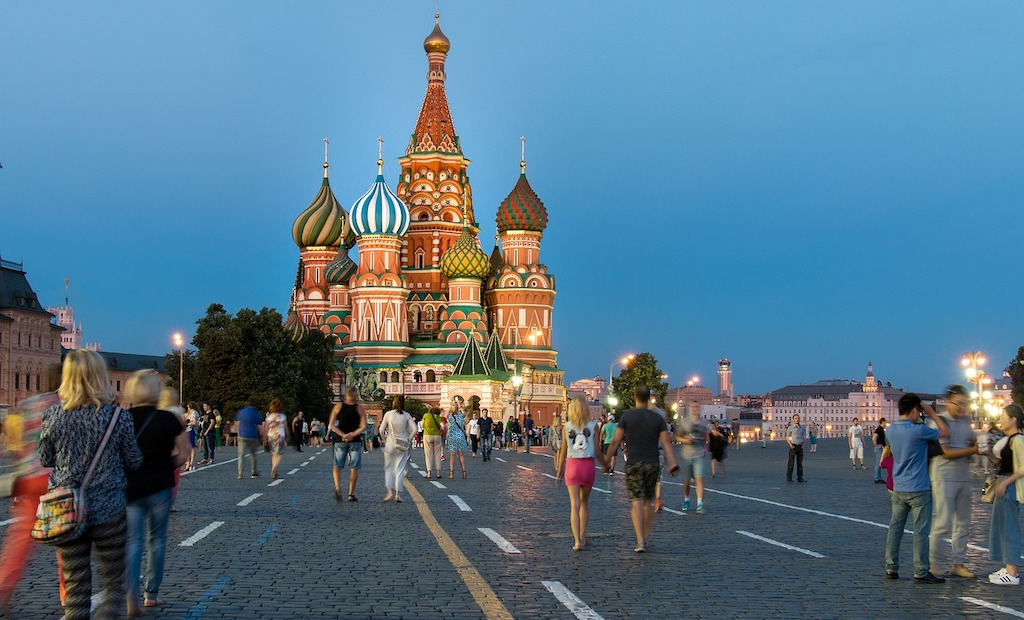Russia passes new internet restriction bill

Russia’s lower house of parliament has passed a new law that would require internet companies to keep the personal information of Russian citizens on servers within the country’s borders.
The State Duma announced till the bill gains approval of both the upper house and the president Vladimir Putin it would not be imposed until September 2016.
Under the new regulations, any foreign site unwilling to relocate all data regarding citizens in Russia to servers within that country is liable to be blocked by the Russian state.
Yesterday’s move is amongst the many conservative measures introduced concerning online censorship in Russia under the leadership of Putin. The president claims this new law would serve only to “protect children from indecent material”.
Critics of the Kremlin believe that the true incentive behind these proposed measures is the ultimate control of Russian citizens’ activity online and the inhibition of free speech.
Speaking to Reuters, Anton Nossik, a Russian blogger and internet expert said: “The aim of this law is to create (another) quasi-legal pretext to close Facebook, Twitter, YouTube and all other services… The ultimate goal is to shut mouths, enforce censorship in the country and shape a situation where Internet business would not be able to exist and function properly.”
Supporting the new bill Russian MP Vadim Dengin said: “The new law intends to provide Russian citizens with increased online security. Most Russians don’t want their data to leave Russia for the United States, where it can be hacked and given to criminals.”
Earlier this year, Russian parliament passed new regulations to terminate websites deemed as extremist or threatening to public order without a courts order.
Last month, blog sites receiving over 3000 daily visits were asked to register with the federal communications watchdog Roskomnadzor.
Eoin O’Sullivan-Harris




















Facebook
Twitter
Instagram
YouTube
RSS